Hayley Lundeen
By Indiana State University
Jul 29, 2019
Hayley Lundeen, GR’17, started her nursing career as a registered nurse working at an outpatient cardiology clinic in Provo, Utah – the same practice where she works as a cardiac nurse practitioner today.
 “I worked with nurse practitioners and was amazed at the autonomy they had with their patients,” she said. “After working at the bedside in a cardiac ICU for nearly 12 years, I decided to go back to school to pursue my goal of becoming a nurse practitioner. I came to (Indiana State University) when I wanted to advance my nursing career as a nurse practitioner so I could practice at an expert level and provide the best care possible to my patients.”
“I worked with nurse practitioners and was amazed at the autonomy they had with their patients,” she said. “After working at the bedside in a cardiac ICU for nearly 12 years, I decided to go back to school to pursue my goal of becoming a nurse practitioner. I came to (Indiana State University) when I wanted to advance my nursing career as a nurse practitioner so I could practice at an expert level and provide the best care possible to my patients.”
Lundeen chose Indiana State because of its online distance learning program and graduated from the family nurse practitioner program in May 2017. She went directly into State’s Doctorate of Nursing program, which she will graduate from this May.
“I enjoy the flexibility of taking courses online versus traditional on-campus courses as I am a mother to a young child and work full-time,” she said. “With online classes, I can be home with my husband and my son as I do my coursework. The tuition is also affordable, which makes it a plus.”
Two professors who served as mentors and played a fundamental role in Lundeen’s professional and academic growth at Indiana State were Susan Eley and Jessica Durbin.
“They have encouraged and supported me through my educational journey and their advice and guidance during my DNP scholarly project have been invaluable,” Lundeen said. “Their dedication and passion for teaching have inspired me to achieve at a level higher than I thought possible.”
At State, Lundeen had the opportunity to conduct research on depression and suicide rates among youth, a problem that was on the rise in Utah.
“Some of the early theories behind the increase in teen depression and suicide rates was the rise of social media use, so I conducted a systematic review to explore how the use of social media affects the self-esteem and wellbeing of adolescents,” she said. “I wanted to identify the consequences of social media and the potential impact it may be having on their mental health.”
Her findings were astonishing. Multiple studies showed a positive correlation between social media use among adolescents and a decrease in their self-esteem and an increase in depression.
“As the amount of time adolescents spend on social media increases, the incidence of depression increases,” Lundeen said. “Adolescents are more likely to have a higher depressed mood and lower self-esteem the more they invest their time in social media. In addition, adolescents experience poor sleep quality, lower self-esteem, and higher levels of anxiety with night-time specific social media use. Emotional investment in social media can also have a negative impact on an adolescent’s body image. In addition, social media can have detrimental effects on adolescents through cyberbullying.”
Because cyberbullying is an emerging public health concern among adolescents, Lundeen chose to focus on cyberbullying for her Doctorate of Nursing Practitioner scholarly project by developing a web-based educational tool designed to increase the viewers’ knowledge and awareness about cyberbullying among the adolescent population.
 “The website contains information and resources to help adolescents use the Internet and social media in safe and socially positive ways and prevent cyberbullying victimization and perpetration,” she said. “The website also provides information and resources on what adolescents can do if they become targets of cyberbullying, if they witness cyberbullying, or if they are cyberbullying others.”
“The website contains information and resources to help adolescents use the Internet and social media in safe and socially positive ways and prevent cyberbullying victimization and perpetration,” she said. “The website also provides information and resources on what adolescents can do if they become targets of cyberbullying, if they witness cyberbullying, or if they are cyberbullying others.”
With widespread use of smartphones, Lundeen said adolescents have constant access to the Internet and social media sites.
“Approximately 95 percent of adolescents own a smartphone or have access to one, with 92 percent of adolescents reporting daily social media use, and the Internet and social media have become a popular medium for cyberbullying to occur,” she said. “Cyberbullying may lead to undesirable behavioral, social, and health-related outcomes including self-esteem, anxiety, depression, poor academic performance, sleep disturbances, self-harm, and suicide. A reported 59 percent of adolescents have experienced some form of cyberbullying, suggesting that more efforts are needed to address this emerging issue.”
Lundeen is passionate about patient health, seeing patients four days a week in the cardiology clinic and spending one day at a local hospital running cardiac stress tests and doing hospital admissions and consultation on patients who have any number of cardiac issues. She also travels to two different rural clinics once a month to see patients who are unable to go to Provo for follow-up appointments.
“The best part of my job as a nurse practitioner is educating patients, so they feel empowered to take charge of their health,” she said. “I help patients focus on health promotion and chronic disease prevention to help them live the healthiest lives possible. I have worked as a bedside nurse for many years, so my goal as a nurse practitioner is primary and secondary prevention to help keep patients out of the hospital.”

